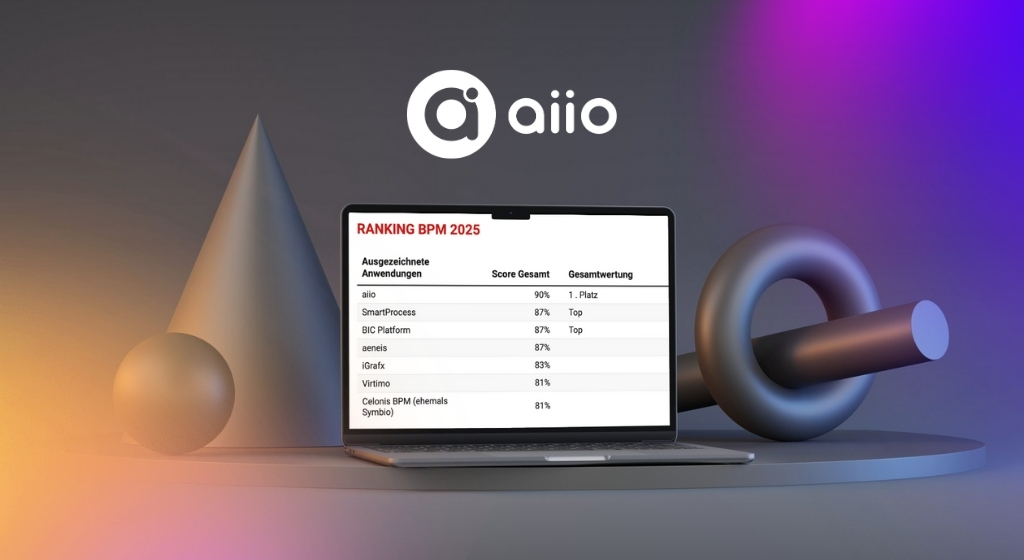Process management in healthcare facilities? – Quality guarantee instead of a waste of time!

It is not without reason that process management has become an increasingly relevant aspect in the management of companies in recent years. Especially in the healthcare sector, more emphasis is placed on orderly processes, as there are strict legal requirements in this area. For example, the German Social Code V (SGB V) defines the legal framework for quality assurance. Whether hospitals, rehabilitation centers, contracted doctors, or nursing facilities – quality criteria apply in every area, even outside the actual care of patients. In such a jungle of regulations, it is easy to lose track. But how exactly do processes help here in healthcare and contribute to quality assurance?
Often, (healthcare) companies use loopholes by buying ready-made quality management manuals. These ready-made "packages" are initially sufficient to meet the legal requirements but do not advance an institution. This option is often chosen when the added value of a well-lived quality policy is not understood. The other option is to understand and live the quality policy in the company, for which good process management is the basis.
Countless processes accompany employees and managers in the healthcare sector every day. Due to the many processes and additional documentation requirements, there is often only a fine line between legally prescribed procedures and those to be managed in practice. In addition, there is the cooperation and interaction of many departments and areas: Who is responsible for what? How are new employees introduced to the company, and when do I use which document? To clarify these questions, a quality management representative is usually appointed. This person is an expert when it comes to processes but cannot possibly be an expert in every field. So how is the QM representative supposed to create a system for everyone that works in practice?
A clear system for (healthcare) processes
For this, a way must be found to create transparency about tasks, procedures, and the company organization. The benefit should primarily lie in creating a cross-departmental overview for optimizing the company and preparing for insurance companies such as the medical service of the health insurance companies. A process management system offers a long-term solution here. A (well-managed) process management system not only offers healthcare facilities better transparency about tasks in the system but can also serve as a comparison medium for ongoing processes and legally prescribed procedures. Especially across departments, process management also provides a suitable basis for collaboration by mapping existing processes and used documents or systems. This makes a proper, clear process management system ideally suited for introducing new employees to the company.
How exactly an organization fills the system (centralized by the quality manager/process manager or collectively by the employees with the quality officer as "system administrator") is up to each healthcare company itself. Basically, the focus is primarily on the overview of the individual departments and the cooperation between them. Many work steps merge and do not work without each other. The complexity of the processes and tight-knit laws demand a systematic approach. Through this, the processes can have a long-term benefit for the healthcare company and advance it qualitatively.
(Editor's note: Eva is an external contact person and is herself active in process management in the healthcare sector. Many thanks to Eva for the insight into the challenges of her daily work and her help!)
Don't hesitate, ask directly
Please use our contact form. Our team will get back to you as soon as possible.




